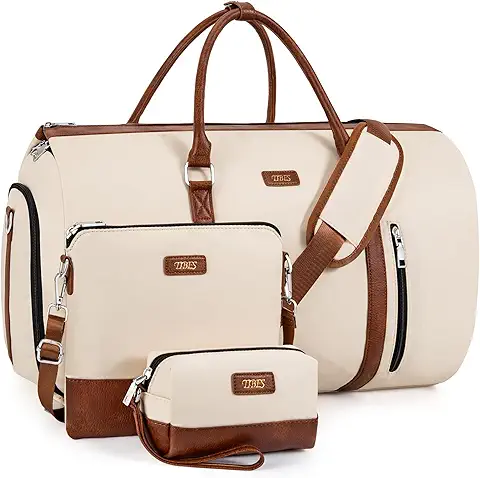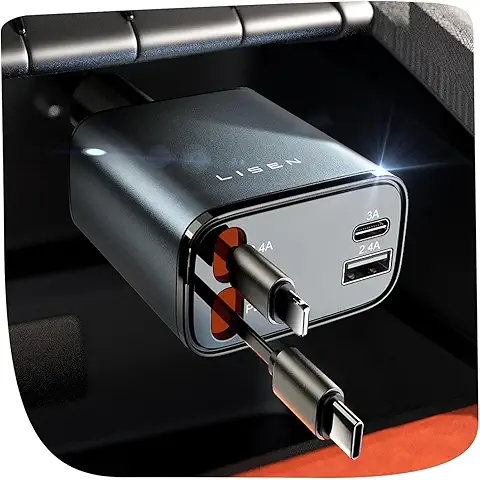Essential Camping Gear for Beginners: What You Need for Your First Trip


Making memories, connecting with the environment, and relaxing all may be accomplished by camping. For novices especially with so many equipment choices and inquiries about what is needed, getting ready for a camping trip can be scary. Your first camping trip will be fantastic with neatly packed equipment and thorough preparation. This comprehensive guide addresses camping gear and ideas for a flawless first trip.
The Foundation: Shelter and Sleeping Gear
Every camping trip revolves about your sleeping place and cover. Comfort and defense against the elements depend on these basics.
Tent
Investing in a decent tent is rather important. Select a tent that fits your group's size and has extra capacity for someone else. Search for characteristics including:
- Weather resistance: Waterproof materials and sturdy construction to withstand wind and rain.
- Ventilation: Mesh panels to allow airflow and reduce condensation.
- Ease of setup: Practice setting it up at home to avoid frustration on-site.
Sleeping Bag

A nice sleeping bag guarantees a peaceful night. Choose a sleeping bag meant for the expected temperatures. A three-season sleeping bag—appropriate for spring, summer, and fall—is a flexible option for novices.
Sleeping Pad or Air Mattress
Direct ground sleeping can be frigid and unpleasant. Insulation and cushioning abound from a sleeping pad or air mattress. While air mattresses provide more comfort but need inflation, foam pads are cheap and light-weight.
Pillow
Although not absolutely necessary, a camping cushion will greatly enhance your sleeping comfort. As a temporary pillow, you may also use a stuff sack stuffed with clothes.
Cooking and Food Preparation Gear
One of the pleasures of camping is cooking outside, but it calls for the correct utensils to make meal preparation quick and fun.
Camp Stove
A portable camp stove lets you securely and fast prepare food. Search for one that makes use of easily obtained fuel, is small and simple to ignite. Popular for dependability and simplicity of use are propane stoves.
Cookware
Bring sturdy, light-weight camping-specific pots and pans. Usually comprising a saucepan, fry pan, and kettle, a basic cookware set Choosing non-stick products facilitates cleaning.
Utensils
Not overlooked are cooking implements like a stirring spoon, tongs, and spatulas. Along with a cutting board and knife for food prep, pack reusable utensils for eating including forks, knives, and spoons.
Cooler and Food Storage
For perishable goods, you just cannot live without one. Select one with decent insulating to preserve freshness of food. To guard dry items from moisture and pests, pack them in sealable containers or zip-lock bags.
Cleaning Supplies
Bring a sponge, a biodegradable soap, and a collapsing sink or basin for dishwashing. Drying calls for a tiny towel or cloth.
Clothing and Footwear

Dressing for camping means layering and choosing products fit for outdoor environments.
Base Layer
Starting with moisture-wicking base layers, keep sweat off your skin. Works well are materials like synthetic textiles or merino wool.
Insulating Layer
On cool evenings and mornings, an insulating layer—like a fleece or down jacket—offers warmth.
Outer Layer
Protection against unanticipated weather changes depends on a waterproof and windproof jacket. Select airy choices to be comfy.
Pants and Shirts
For outdoor sports, quick-drying pants and shirts are sensible. Steer clear of cotton since it dries more slowly and holds moisture.
Footwear
Shoes or comfortable, robust hiking boots are absolutely vital. Breaking them in before your vacation will help to avoid blisters. To keep your feet warm and dry, pack additional socks—ideally composed of synthetic fabrics or wool.
Accessories
For sun protection, pack a hat; for cooler temperatures, gloves. Useful too are sunglasses and a bandana or buff.
Lighting and Navigation
Particularly in distant places, safety and convenience depend critically on lighting and navigation aids.
Headlamp or Flashlight
A headlamp gives plenty of light and frees your hands. Stow extra batteries or a rechargeable power bank. Also handy as backups are flashlights.
Lantern
A lantern gives your camping ambient light, which facilitates evening cooking or leisure.
Map and Compass
Always include a real map of the area and a compass even if you intend to rely just on GPS.
Portable GPS or Smartphone
Particularly if you are exploring new ground, a portable GPS or smartphone with offline maps can be quite useful for navigating.
Personal Items and Hygiene Essentials
Your comfort and well-being depend on your keeping of cleanliness when camping.
- Bring travel-sized toothpaste, toothbrush, biodegradable soap, and a tiny towel among toiletries. For fast cleanings, wet towels are handy.
- Should you be camping somewhere without access to restrooms, pack a roll of biodegradable toilet paper and a shovel for excavating a cat hole.
- Bandages, antiseptic wipes, painkillers, tweezers, and any personal prescription should all be part of a well packed first aid bag.
- Bug Spray and Sunscreen will help you guard against damaging UV radiation and insects. Select environmentally friendly, efficient goods.
- When soap and water are not readily available, a little bottle of hand sanitizer is handy for preserving hygiene.
Camping Essentials for Comfort and Safety
A couple more things will really improve your camping trip.
- Foldable, lightweight tables and chairs for your camping provide comfort. They simplify cooking and leisure time enjoyment.
- From opening packages to fixing gear, a multitool or pocket knife is quite helpful for many chores.
- Bring a length of paracord or rope to set up clotheslines, fasteners, or other makeshift uses.
- Extra protection against moisture and wear for your tent comes from a tarp, or groundsheet. One can even create temporary shelter with it.
- Firestarter
- Pack waterproof matches, a lighter, and fire starts like dry kindling or commercial fire cubes if campfires are permitted.
Food and Water Essentials
A good vacation depends on you being sure you have enough food and drink.
- Plan basic, easy-to-cook dinners. Great choices are pre-packed camping meals, pasta, rice, canned items, and fresh produce. To keep your energy up, include fruit, granola bars, and trail mix.
- Water Always bring more than you may possibly need. While water bottles are good at camp, a hydration bladder is handy on hikes.
- Bring a water filter or purification tablets to guarantee clean drinking water if your camping close to a water source.
Preparing for Your First Trip
Spend some time getting and testing your equipment before you head out. Get good at quickly packing your bag, lighting your stove, and erecting your tent. To make appropriate plans, find more about your campsite and review the weather prediction.
Start with a little trip near your house to get acquainted with camping customs. This practice run lets you find any holes in your gear or expertise without straying too far.
Final Thoughts
One of the fulfilling experiences that provides a respite from everyday grind is camping. Investing in the correct clothing and planning carefully will help you to stay comfortable and safe while yet enjoying the wonders of the outdoors. Recall that the secret to a good camping vacation is juggling needs with personal tastes. Having this book with you will help you start your first camping trip and make lifetime memories.








